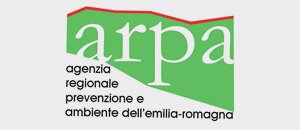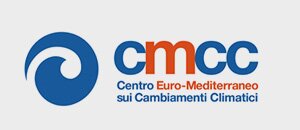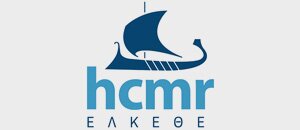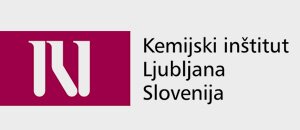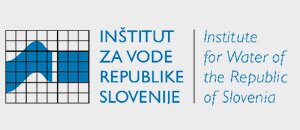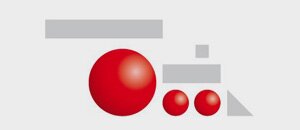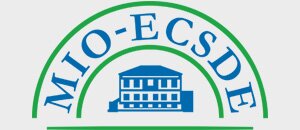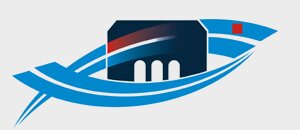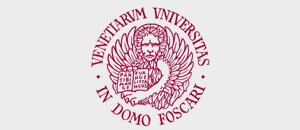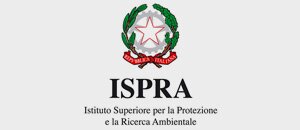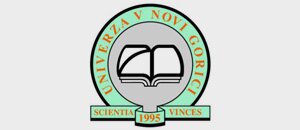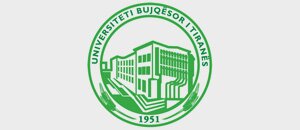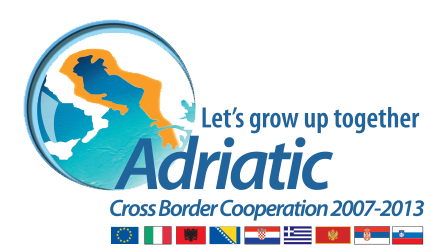
Within the framework of the IPA Adriatic funded DeFishGear project, MIO-ECSDE carried out the third set of beach litter surveys in Thesprotia, Greece, 28-30 July 2015. The previous sets of surveys took place in winter (November 2014) and spring (March 2015). Based on the beach monitoring methodology prepared by MIO-ECSDE in collaboration with other DeFishGear partners, six sites were selected taking into consideration their location (vicinity to ports, river mouths, tourist destinations, coastal urban areas, remote areas) and other features related to morphology, accessibility, etc.
The sites – located at Valtos (Parga), Arrila beach (Perdika), Mega Ammos (Syvota), Drepano (Igoumenitsa), Kalamas estuary and Sagiada beach – were also chosen based on the input received by the Management Body of Kalamas – Acherontas Rivers, who also granted the MIO-ECSDE team with the necessary permission to perform the surveys in three locations within the protected area.
The results of the one-year-long beach litter surveys will contribute to the identification of risks in the area related to litter that ends up in the marine environment originating from different on- and off-shore human activities (e.g. inadequate urban solid waste management at all stages, discharge of untreated municipal sewage, commercial fishing, etc.) and subsequently facilitate the work of the Management Body, as well as of the local authorities to identify prevention and mitigation actions to tackle marine litter.
The results of the pilot ‘monitoring’ activity on amounts, composition and potential impacts of marine litter are expected to be published by the beginning of 2016.
It should be noted that MIO-ECSDE and Accademia del Leviatano have undertaken floating litter surveys in the area, while the other Greek DeFishGear partner, the Hellenic Centre for Marine Research, is carrying out marine litter monitoring activities on beaches, seafloor and biota in the area of Corfu.
For more info contact: Thomais Vlachogianni, MIO-ECSDE Programme Officer, vlachogianni(at)mio-ecsde.org

The Hellenic Centre for Marine Research, with its 3 research institutes (on oceanography, marine biological resources and inland waters, and marine biology, biotechnology and aquaculture) has been involved, in large-scale ocean experiments, measuring environmental parameters, exploring the seafloor, studying shallow and deep habitats and species, finding ancient wrecks and submerged cities and helping the State with tsunami hazard mitigation. It has also sought to protect the region’s beaches, studying the evolution of fish populations, developing feed for fish, training graduate students and disseminating information to the public.
HCMR also provides management advice for fisheries and aquaculture and supports the implementation and data needs of key EU environmental legislation such as the Habitats Directive, the WFD and the MSFD. HCMR has been extremely active in all the EU framework programmes, involved in numerous projects as coordinator or a partner including recent FP7 PERSEUS, CORALFISH, DEVOTES, MESMA, ODEMM, BENTHIS as well as FP6 SESAME, MEDISEH, MEECE, COST-IMPACT, ELME, NATURA 2000. HCMR has been also involved in research and data collection for the WFD, MSFD, Habitats Directive and the fisheries DCF under CFP. The Centre has modern well-equipped facilities including 3 research vessels, 4 remotely operated underwater vehicles, a manned subsermible and 2 public aquaria and is active throughout in the Eastern Mediterranean and adjacent seas.
HCMR participants in this project have been involved in studies on ecosystem functioning and fisheries and other anthropogenic impacts including pollution, biodiversity issues, life cycle history, food web structure, biological resources management, as well as marine litter and microplastics investigations.
The Mediterranean Information Office for Environment, Culture and Sustainable Development (MIO-ECSDE), is a non-profit Federation of over 125 Mediterranean Non-Governmental Organizations (NGOs) working in the fields of Environment and Development in 25 countries of the Euro-Mediterranean area.
Who is involved in the DeFishGear Project?
Seven countries embracing Adriatic Sea are involved in the DeFishGear project (Albania, Bosnia & Herzegovina, Croatia, Greece, Italy, Montenegro and Slovenia). The DeFishGear project is implemented by a multi-disciplinary team comprising 16 institutions which include academia, research institutes, local and national authorities from all the countries involved. Multi-disciplinary, coordinated and strongly attached partnership reinforces the substantial footprint of the DeFishGear project on the path towards a litter-free Adriatic Sea.
THE LIST OF THE PROJECT PARTNERS IS THE FOLLOWING:
LEAD PARTNER
1. National Institute of Chemistry, Ljubljana, Slovenia
PROJECT PARTNERS
1. Italian National Institute for Environmental Protection and Research, Rome, Italy
2. Ca' Foscari University of Venice, Italy
3. Mediterranean Consortium, Rome, Italy
4. Regional Agency for Environmental Protection in the Emilia-Romagna Region, Cesenatico, Italy
5. Institute for Water of the Republic of Slovenia, Ljubljana, Slovenia
6. University of Nova Garcia, the Laboratory for Environmental Research, Nova Garcia, Slovenia
7. Institute for Oceanography and Fisheries, Split, Croatia
8. Hydro-Engineering Institute of the Faculty of Civil Engineering, Sarajevo, Bosnia and Herzegovina
9. Institute of Marine Biology, University of Montenegro, Kotor, Montenegro
10. Agricultural University of Tirana, Laboratory of Fisheries and Aquaculture, Tirana, Albania
11. Regional Council of Lezha, Lezha, Albania
12. Mediterranean Information Office for Environment, Culture and Sustainable Development, Athens, Greece
13. Hellenic Centre for Marine Research (with participation of the Institute of Oceanography and Institute of Marine Biological Resources and Inland Waters), Anavyssos, Greece
14. Public Institution RERA SD for Coordination and Development of Split Dalmatia County, Split, Croatia
15. Euro-Mediterranean Centre on Climate Change, Lecce, Italy
ASSOCIATES
1. PlasticsEurope AISBL, Brussels, Belgium
2. Ministry for Agriculture and Environment, Ljubljana, Slovenia
3. Italian Ministry of Environment, Land and Sea, Rome, Italy
4. Croatian Environment Agency, Zagreb, Croatia
5. Fishing League, Rome, Italy
6. Agency for Watershed Area of Adriatic Sea Mostar, Mostar, Bosnia and Herzegovina


